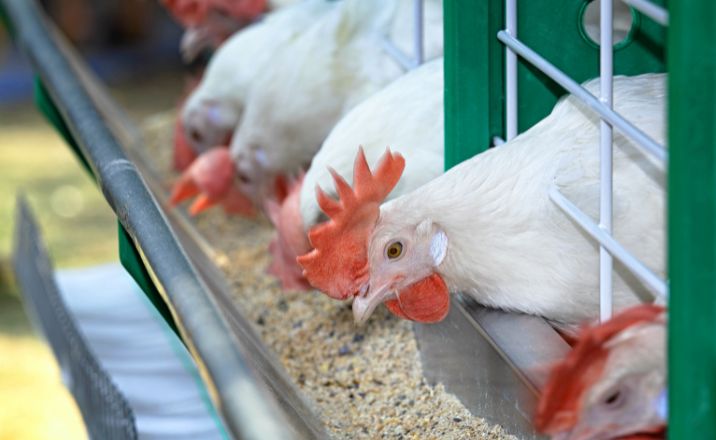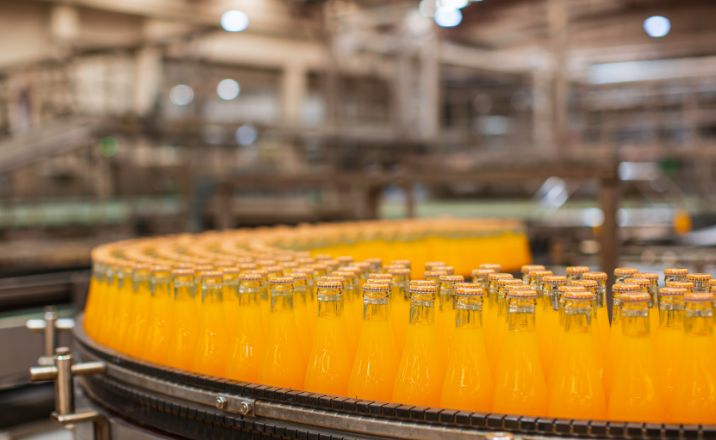FSSAI Bans Antibiotics in Food Animals: What It Means for Food Businesses

The Food Safety and Standards Authority of India (FSSAI) has banned the use of certain antibiotics in the production of food animals, including meat, milk, poultry, eggs, and aquaculture. This decision, part of the Food Safety and Standards (Contaminants, Toxins and Residues) First Amendment Regulations, 2024, addresses the serious threat of antimicrobial resistance (AMR).
Why the Ban Matters
Antimicrobial resistance occurs when bacteria become resistant to antibiotics, making infections harder to treat. By restricting antibiotic use in animal farming, the FSSAI aims to reduce antibiotic usage by 30-50% by 2030. This move ensures safer, healthier food while protecting public health.
Impact on Indian Livestock Farming
India is among the top global producers of milk, eggs, fish, and poultry. Regulating antibiotic use aligns Indian standards with global practices followed by countries like Bangladesh, Thailand, and Vietnam. It also enhances the quality of animal-based products, making them safer for consumers and more competitive in global markets.
Consumer Demand for Safer Food
A recent survey revealed that 73% of Indian consumers prioritize health and well-being when purchasing food and beverages. This shift is driving demand for sustainable and antibiotic-free food products, presenting new opportunities for food businesses.
Conclusion
The FSSAI’s ban is a positive step towards combating AMR, ensuring food safety, and meeting consumer expectations. Food businesses should adapt to these regulations to remain compliant and tap into the growing market for high-quality, sustainable products.






